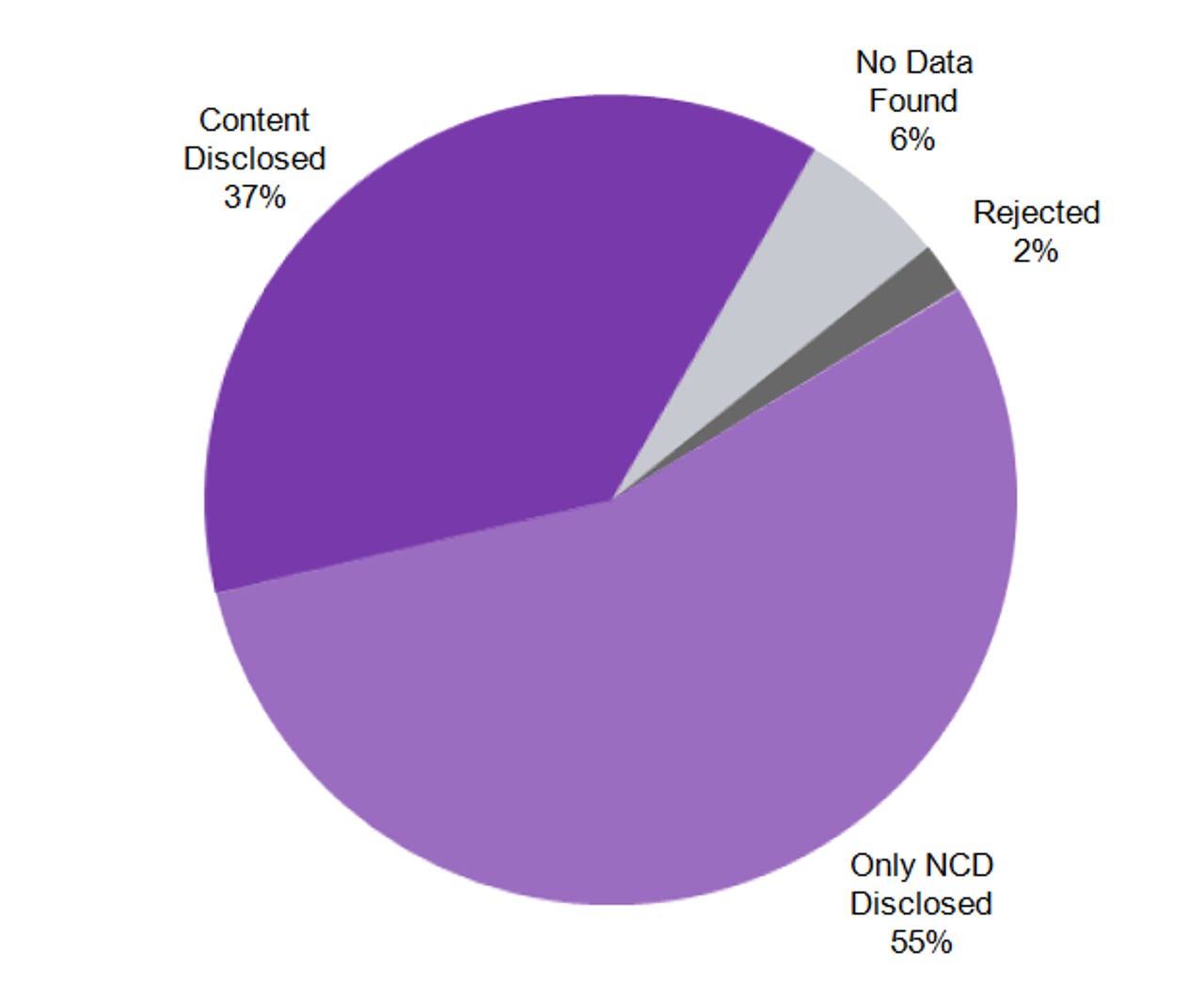Yahoo publishes first transparency report; U.S. made most requests


Following a pattern set by Facebook a few weeks ago, Yahoo has published its very first transparency report, outlining the number of government data requests received during the previous six months.
More about tech industry transparency reports:
The timing is interesting -- for both Yahoo and Facebook -- given that these reports are coming out in the wake of being named as data sources for the National Security Agency's controversial PRISM program, first revealed back in June.
Yahoo, as well as the other eight Silicon Valley titans listed as data sources, have continuosuly denied offering federal agencies with any kind of secret direct access to their data troves.
The Sunnyvale, Calif.-based company helmed by CEO Marissa Mayer has gone further over the last two months, petitioning the Foreign Intelligence Surveillance Court (FISC) in Washington, D.C., to declassify documents from a specific classified case in 2008 that the technology company asserted will clear its name.
The Department of Justice has promised to declassify the decision first by September 12. That will be followed by the briefs and materials cited by the federal court, scheduled to be declassified by September 27.
The latest step in clear its name appears to be a transparency report. Yet it isn't completely out of the ordinary given that many large tech companies, such as Google and Twitter, have been publicizing government data requests for some time now.
Still, Yahoo general counsel Ron Bell reflected about these ongoing proceedings in a statement on Friday:
I want to highlight our approach to government data requests. Our legal department demands that government data requests be made through lawful means and for lawful purposes. We regularly push back against improper requests for user data, including fighting requests that are unclear, improper, overbroad or unlawful. In addition, we mounted a two-year legal challenge to the 2008 amendments to the Foreign Intelligence Surveillance Act and recently won a motion requiring the U.S. Government to consider further declassifying court documents from that case.
Here are some of the major points from the report concerning the United States:
- Total data requests made by U.S. government agencies during the first half of 2013: 12,444
- U.S gov't asked for data about 40,322 different accounts
- Yahoo responded with data about content (i.e. email, Flickr photos, etc.) to 4,604 requests
- Yahoo only gave up basic data (i.e. name, location, IP address) about 6,798 requests
- Yahoo rejected 241 data requests
- There wasn't any data or information available to provide about 801 data requests
The first Yahoo transparency report covers requests made between January 1, 2013 through June 30, 2013, and the technology company affirmed it will be continuing to roll these out every six months.
The data also only covers countries Yahoo has a legal entity or places where Yahoo entities received fewer than nine government data requests during the reporting period.
Some examples cited by Yahoo itself include Colombia and Japan, the latter of which is a joint venture operating independently from Yahoo.
For the time being, Yahoo's transparency reports will not include Tumblr data. The blogging giant, picked up by Yahoo in May for $1.1 billion, is planning to publish its own transparency reports in the future, albeit at an unspecified date as of now.
Image via Yahoo Transparency Report: United States